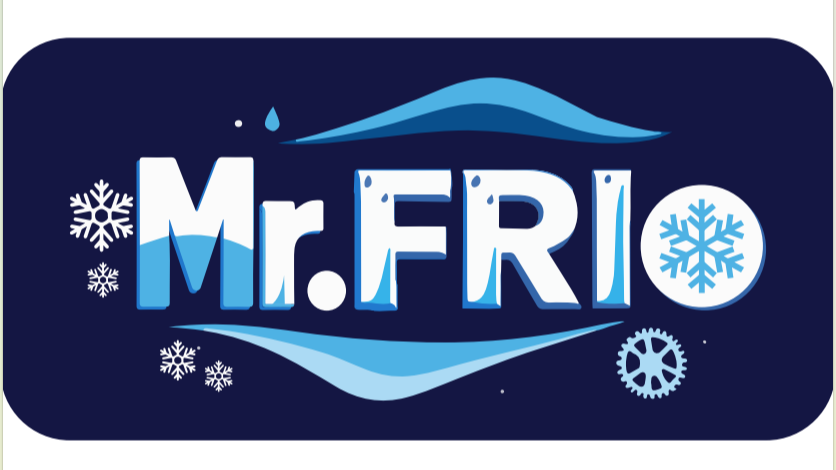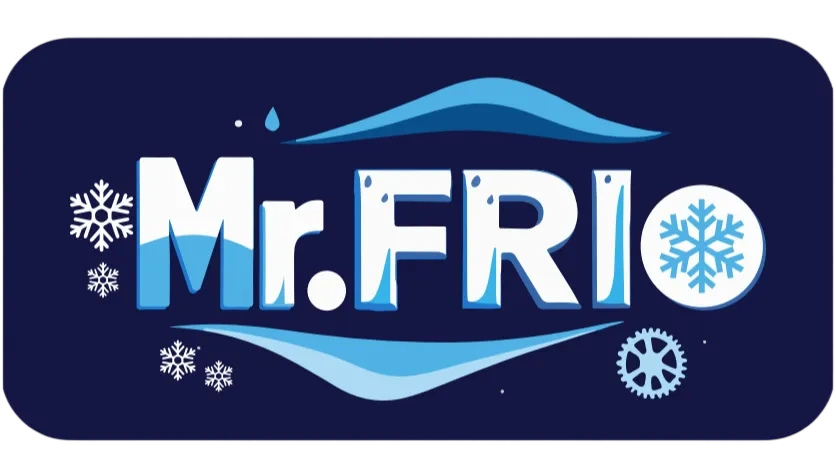Understanding Blast Freezers and Chillers
What Are Blast Freezers?
Blast freezers work as special refrigeration systems that freeze stuff really fast, bringing temperatures down under -18°C (0°F) within just a few hours. The quick cooling process helps keep food's texture, flavor, and nutrients intact because it stops big ice crystals from forming inside the product. These crystals would otherwise break down the food cells when things start to thaw later on. Chefs love using blast freezers for what's called shock freezing. This technique lets kitchen staff prep meals ahead of time while still keeping everything tasting fresh and looking good. Restaurants rely heavily on this method since maintaining consistent quality across multiple service periods becomes much easier with proper freezing techniques.
The Role of Commercial Chillers in Food Preservation
Commercial chillers keep things cool between about 1 degree Celsius to 5 degrees Celsius (roughly 34 to 41 degrees Fahrenheit), which means they're pretty much necessary if we want to store perishables safely. These machines do more than just lower temps; they actually stop bad bacteria from growing out of control, so food stays safe to eat and meets those pesky health codes everyone has to follow. Supermarkets need them, restaurants rely on them, and even factories processing food can't function without proper chilling systems. When temperatures stay consistently controlled, products remain fresh longer. For any business dealing with food, this kind of reliability isn't just nice to have it's basically table stakes in today's market where customers expect nothing but the best quality.
Differences Between Flash Freezers and Deep Freezers
Flash freezers, sometimes called blast freezers, cool things down fast, whereas deep freezers are mainly used when companies need to store frozen products for extended periods. These two types work at different temperature levels. Flash freezers can get items down to super cold temps in no time flat compared to regular deep freezers which take longer to reach those same freezing points. For food businesses trying to pick the right equipment, knowing this distinction matters a lot. Getting the proper freezer means better food preservation results without compromising what the business actually wants to achieve operationally speaking.
Key Features of Cost-Effective Models
Energy Efficiency for Reduced Operational Costs
Today's blast freezers and chillers come equipped with components designed to cut down on power usage, which means lower monthly electricity bills for businesses. Companies that go for models rated high in energy efficiency often find they save money over time and help protect the environment at the same time. The U.S. Department of Energy reports that these efficient refrigeration systems might cut energy use anywhere from 20% up to as much as 50%. For food processors and cold storage facilities especially, this kind of efficiency isn't just good for the bottom line it actually helps them stay competitive in markets where green credentials matter increasingly to customers and regulators alike.
Rapid Cooling Technology in Restaurant Freezers
Modern restaurant freezers come with advanced cooling tech that gets them down to the right temps fast while keeping food quality intact. Kitchens are always hectic places where time matters, so having those quick chill features makes all the difference when rushing between orders. Many newer models now include digital controls and monitoring systems too. These additions make the whole setup much more dependable. Chefs don't have to second guess if something's getting too warm or cold anymore. They can just concentrate on what they do best cooking great meals for customers.
Durable Construction for Frozen Food Storage
Good value freezers tend to use strong materials and tech that can handle daily wear and tear in busy settings. A durable unit means better cooling consistency and fewer repair bills down the road. Look out for models with coatings that resist rust and decent insulation quality when shopping around these days. Both aspects really help things last longer. Freezers with these traits keep temps steady inside and work well for storing stuff over extended periods. This matters a lot for places where keeping food frozen reliably is part of the job description.
Applications Across Industries
Food Service: Optimizing Kitchen Chiller Performance
Getting kitchen chillers working properly makes all the difference in restaurant operations, keeping fresh ingredients on hand when needed. When temps stay within safe ranges around 38-40°F, places see way less wasted food and better tasting dishes too. Many modern kitchens now have digital systems that let staff check fridge settings from their phones or tablets, so adjustments happen fast without walking back and forth. These tech upgrades do more than just save time they actually help cut down energy costs over months and years while making sure everything stays fresh longer. For small operators especially, this kind of control matters a lot for both bottom line numbers and customer satisfaction.
Pharmaceuticals: Precision Temperature Control
Temperature control remains a top concern in the pharmaceutical sector when dealing with products sensitive to heat changes. Meeting strict regulations means companies must invest in special chillers designed specifically for pharmaceutical applications. These chillers help maintain product quality and patient safety across all stages of production. Most modern systems include regular temperature checks plus alarm functions that alert staff if something goes wrong. Such features give peace of mind to manufacturers who know their valuable medications won't be damaged during storage or transport through complex distribution networks.
Frozen Food Distribution: Scalable Freezer Solutions
Getting frozen food out to market requires freezer setups that can scale up or down depending on what's needed at any given time. Modular freezing systems make sense for companies because they let businesses grow their capacity when demand spikes without overinvesting in equipment that sits idle during slower periods. Getting logistics right matters just as much though. Freezer storage has to work hand in glove with how products get moved around from warehouse to delivery truck. When these elements match up properly, it keeps frozen goods at safe temperatures throughout the supply chain while still getting products to stores and customers on schedule. Many distributors have found that mismatched systems lead to wasted inventory and dissatisfied clients, so finding that sweet spot between storage and transport is worth the effort.
Why Choose Certified Refrigeration Solutions
ISO and CE Certifications: Ensuring Quality Standards
When companies choose refrigeration equipment that carries ISO and CE marks, they're getting something that meets global quality and safety benchmarks. These official stamps mean manufacturers have gone through proper checks for things like electrical safety, performance under stress, and material durability. Businesses that go this route often find their customers feel more confident about the reliability of their cold storage systems. A recent study looking at food service providers showed that those with certified units had 30% fewer complaints about temperature fluctuations over six months compared to non-certified alternatives. For many operators, this kind of peace of mind makes all the difference when maintaining perishable goods inventories.
Customizable Freezer for Frozen Food Needs
Custom freezers really matter when it comes to meeting those specific storage requirements, keeping different kinds of foodstuff at just the right temperature. When companies invest in this kind of flexible equipment, they actually manage to grow their operations without cutting corners on quality. Working directly with freezer makers to create units that fit into daily operations makes all the difference. These custom builds help boost productivity while still preserving food quality standards. Plus, getting the specs right from the start saves time and money down the road compared to retrofitting later on.
Proven Expertise in Global Projects
When businesses choose refrigeration systems from firms that have worked on international projects, they generally get better results in different environments around the world. Firms that know their stuff tend to design solutions that work well whether it's hot or cold outside, making sure everything runs smoothly no matter where installed. Good companies usually throw in solid maintenance plans too, which means less downtime and fewer headaches down the road. These ongoing support services really add to what makes sense financially for any operation looking to keep things running efficiently over time.


